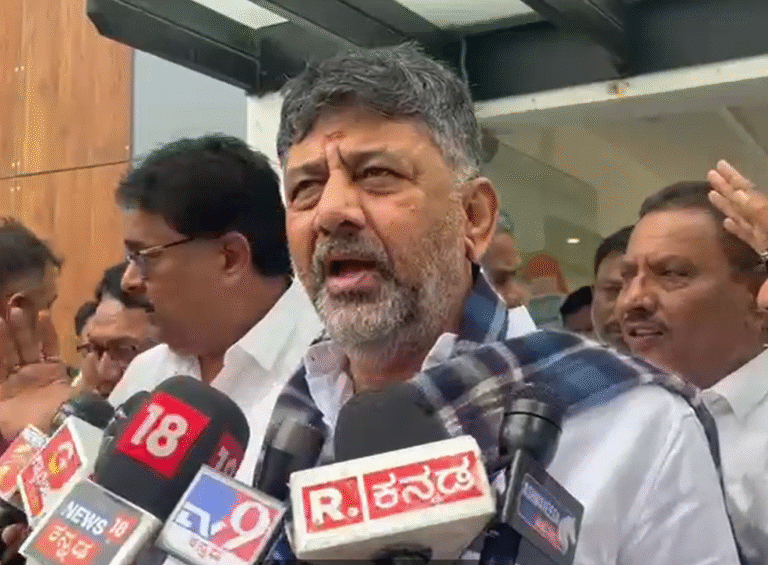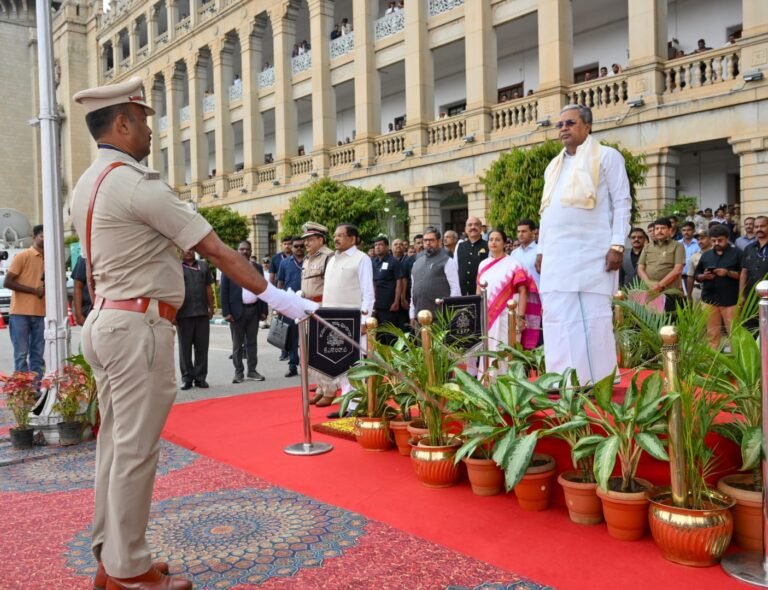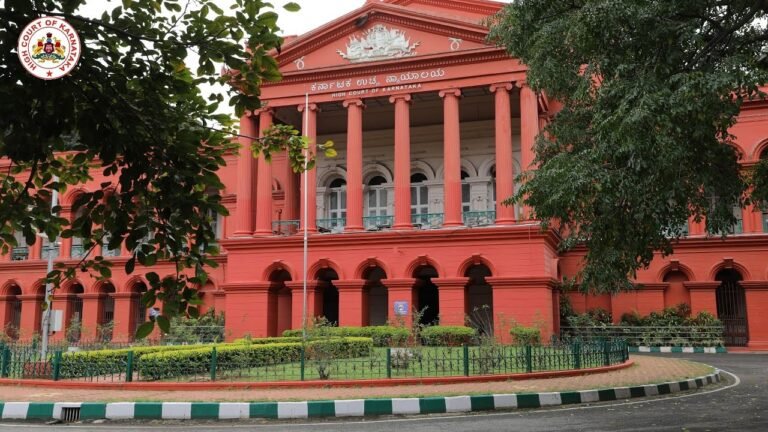New Delhi, Feb 14 (PTI) Frequent changes in the railways’ catering policy and several discrepancies in the implementation of the existing one have resulted in the food quality, hygiene and cleanliness being compromised, the Public Accounts Committee said in its report presented to the Lok Sabha recently.
The committee, chaired by Congress MP Adhir Ranjan Chowdhury, carried out a detailed examination of the railways’ catering policy and its impact on food services in trains.
The report, titled “Catering Service in Indian Railways”, observed that a number of catering activities that were assigned to the Indian Railway Catering and Tourism Corporation (IRCTC) in the 2005 policy and then transferred to the zonal railways according to the 2010 policy were assigned back to the IRCTC in the 2017 policy.
“… frequent change in catering policy and consequent transfer of responsibility to manage catering units from railways to IRCTC and back created a state of uncertainty in management of catering services provided to the passengers,” the committee said in its report.
It added that while examining the implementation of the Catering Policy of 2017, several discrepancies were revealed.
Some of those are no provision for a pantry in some long-distance trains, base kitchens located outside railway premises that results in the food quality, hygiene and cleanliness being compromised, unauthorised vendors on platforms and trains and unfair practices at stations and trains.
According to the 2017 policy, the railway zones are required to prepare as well as periodically review and update a master plan (blueprint) for food services to be provided at each station and on trains. However, the committee found out that seven zonal railways — East Central, Eastern, Northeast Frontier, North Western, South Eastern, South Western and East Coast Railways — prepared the master plan after an audit pointed it out.
The report said according to the Catering Policy of 2010, gas burners in the pantry cars of trains were required to switch over to electric power equipment to avoid the occurrence of fire accidents.
“In this regard specifically, the committee found that a total of 103 pantry cars were manufactured by Integral Coach Factory during April 2011 to March 2016 at a total cost of Rs 111.94 crore with provision for centralised LPG cylinders with open flames, instead of providing electric power equipment panel counters etc.” the report said.
The railways has now replaced the ICF coaches with LHB coaches and only LHB pantry cars are being manufactured, which would phase out the ICF pantry cars.
Expressing concern on the quality of food being served on trains, the report said that according to the 2017 policy, the IRCTC was required to set up base kitchens on railway premises to monitor and control the quality and hygiene of the food being cooked. However, only 16 base kitchens were inside the railway premises, whereas 115 were located outside the railway premises and were not subjected to quality checks.
“In the opinion of the committee, since food was being procured by licensees from outside, they were evidently not subjected to regular and constant quality checks and thus, could not register an assurance for quality, hygiene and cleanliness,” the report said.
The committee also highlighted that the zonal railways have failed to provide pantry cars in several long-distance trains that run for more than 24 hours. This, according to the report, attracts unauthorised vendors in trains, which not only results in the sale of unhygienic and unhealthy food products but also poses a safety threat to the passengers.
“Indian Railways and IRCTC should show an unwavering efficacy in improving its catering services at all points, be it the running train or the platforms or any other place where passengers need them. This should be a holistic and ever-improving exercise for the benefit of the commuters,” the report said while pointing out several other deficiencies in the catering services.
The railways recently highlighted its achievements in the last 10 years of the BJP-led NDA rule and said in 2022-23, it laid tracks on 5,243 km route, which is equivalent to the total rail network of Switzerland, and in nine years (2014 to 2023), the total length of tracks laid was 25,434 km, which is equivalent to the rail network of Germany.
It added that the rail budget in 2023-24 was Rs 2.4 lakh crore, 30 times higher than the budget in 2004-05. Some of its major achievements include the launch of semi-high speed trains, such as Vande Bharat and Amrit Bharat, and the ongoing redevelopment project of 1,318 stations. PTI JP RC






